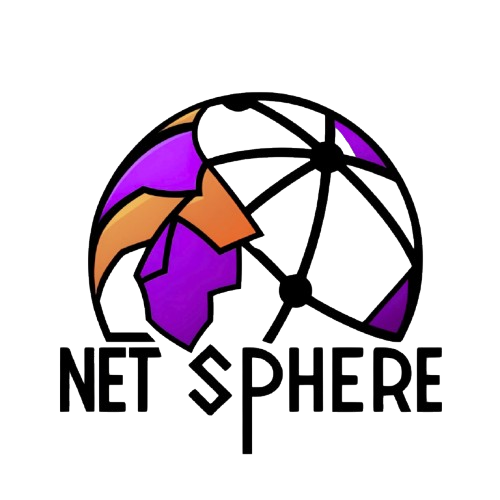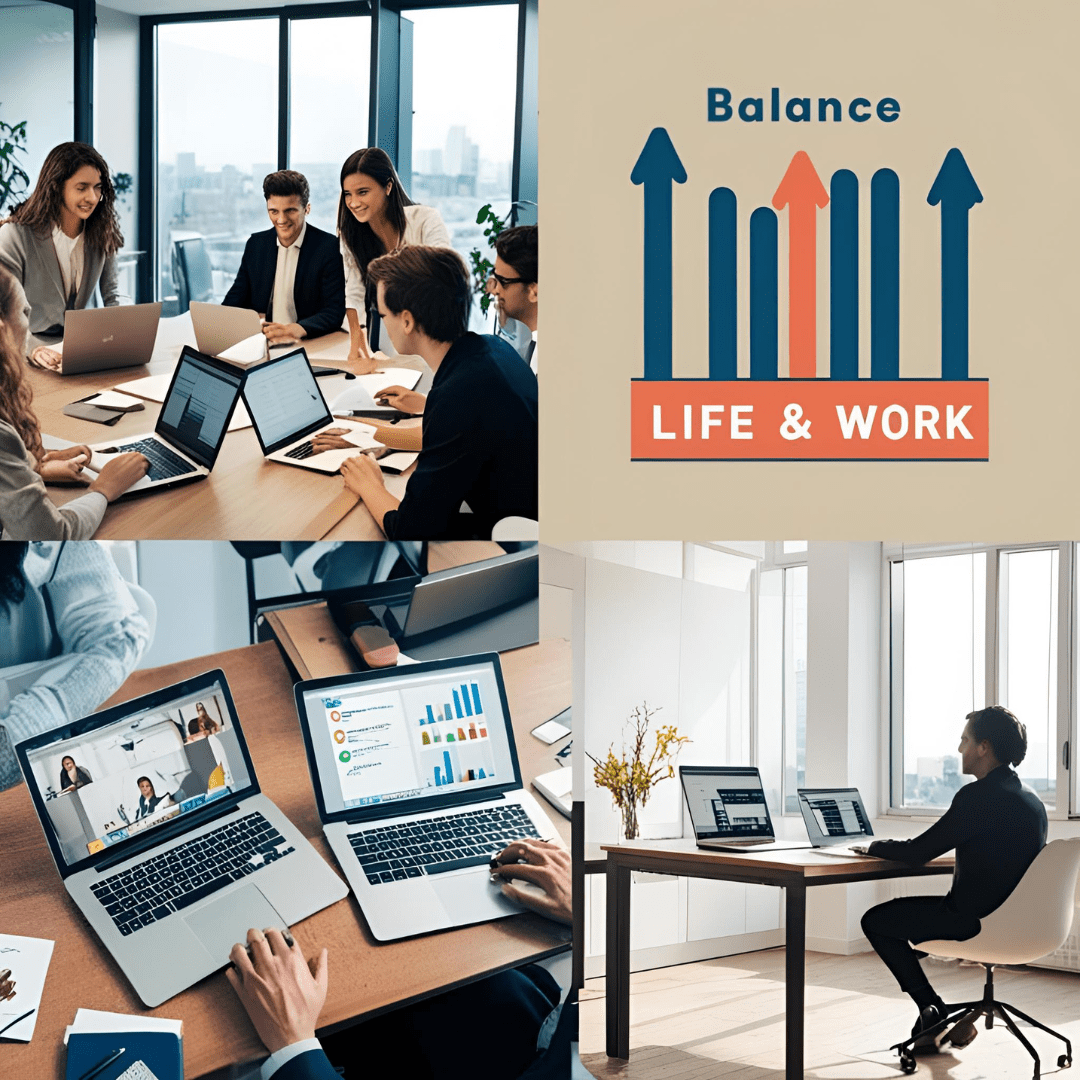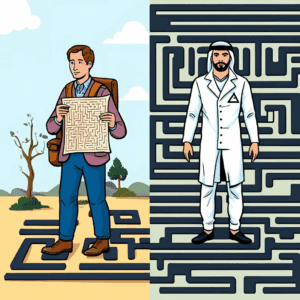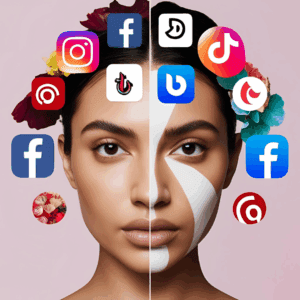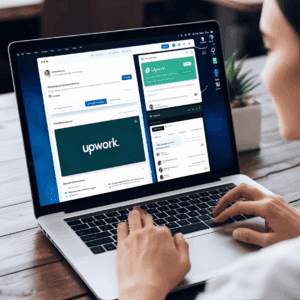The world of work is undergoing a profound and multifaceted transformation. With the rise of Millennials and Generation Z in the workforce, the traditional work model is being questioned, deconstructed, and ultimately reshaped. These generations bring with them a unique set of values, expectations, and technological skills that are redefining what it means to work, collaborate, and ascend professionally.
Who Are Millennials and Gen Z? Unveiling the Distinctive Characteristics
Millennials, also known as Generation Y, encompass those born between 1981 and 1996. Generation Z, on the other hand, includes individuals born between 1997 and 2012. Although both generations have grown up immersed in a digital environment, their formative experiences with technology present significant nuances. Millennials witnessed the birth of the internet and the proliferation of early smartphones, while Generation Z was born into a fully connected world, where digital technology is a natural extension of their lives. These subtle differences shape their perspectives regarding work, technology, and professional purpose.
A Seismic Shift in Workplace Expectations: Flexibility and Autonomy on the Rise
One of the most significant impacts that these new generations bring to the job market is the demand for substantially greater flexibility. The classic 9-to-5 office job, confined to a physical office, is no longer perceived as the ideal by many young professionals. Instead, they intrinsically value the ability to work remotely, manage their own schedules with autonomy, and cultivate a healthy and sustainable balance between their professional and personal lives.
The rise of remote work and hybrid models is a direct and undeniable reflection of these values. After the COVID-19 pandemic accelerated this transition on a global scale, many companies realized that productivity is not intrinsically linked to physical presence in an office, but rather to tangible results and mutual trust between employers and employees. Flexibility has become not just a desirable benefit, but often a decisive factor in choosing a job.
Purpose Over Paycheck: The Search for Meaning and Impact in Work
For Millennials and Generation Z, financial compensation has ceased to be the sole determining factor in choosing a career. These generations yearn to work for companies whose values align with their own personal convictions, that contribute positively to society in a broader sense, and that actively promote environmental and social sustainability. An organizational culture driven by a clear and meaningful purpose is frequently more attractive than a high salary in a toxic, inflexible, or meaningless work environment.
It is for this reason that companies that genuinely prioritize diversity, inclusion, the mental well-being of their employees, and environmental responsibility are gaining increasing popularity among young talent. The search for work that transcends the mere exchange of time for money is a defining characteristic of these new generations.
Technology and Digital Skills as a Non-Negotiable Priority: Fluency in the Digital World
The new generations are true digital natives. This implies that their intrinsic familiarity with tools, platforms, and new technologies is exceptionally high – and, crucially, expected in the professional environment. They bring with them an accelerated learning curve and a constant desire for innovation and technological updating, frequently driving companies to stay ahead of the latest digital trends.
Collaboration tools like Slack, video conferencing platforms like Zoom, organization software like Notion, and even artificial intelligence-based platforms already integrate into their daily workflows naturally. The demand for agile, fast, and flexible digital environments has become the new norm, and companies that do not adapt to this reality risk losing talent to those that do.
Continuous Feedback, Culture of Growth, and Constant Learning: The Thirst for Development
Another significant change driven by the new generations is the need for frequent, transparent feedback and continuous opportunities for professional development. While previous generations were more accustomed to annual performance reviews and predominantly hierarchical leadership, younger workers expect a more collaborative, dynamic work environment where communication flows in both directions.
They value leaders who act as mentors and facilitators, rather than mere authoritarian bosses, and seek environments where learning is continuous and actively encouraged through courses, training, workshops, and stimulating challenges. Professional stagnation is a significant demotivator for these generations.
Entrepreneurship and the Rise of the Gig Economy: The Pursuit of Autonomy and Diversification
Beyond traditional employment under the Consolidated Labor Laws (CLT) in Brazil, many Millennials and members of Generation Z are embracing freelancing, entrepreneurship, and side hustles as legitimate forms of career and income generation. The idea of building a single career in a single company throughout one’s entire professional life is becoming increasingly rare. Instead, multiple income streams, greater autonomy over their professional trajectories, and the ability to diversify their skills are becoming the standard for many young professionals.
This cultural shift fuels the growing gig economy, in which online platforms like Upwork, Fiverr, and remote freelancing have established themselves as viable and attractive alternatives to traditional formal employment, offering flexibility and control over one’s own projects and schedules.
Work-Life Balance and Mental Health as Essential Priorities:
More than ever, new professionals are actively prioritizing the balance between their personal and professional lives and their mental health as fundamental pillars of their overall well-being. Burnout, anxiety, and toxic work environments are considered red flags that quickly drive young talent away from a company.
As a direct result of this prioritization, employers who offer flexible hours, mental health support programs, wellness initiatives, and an organizational culture that values the individual in their entirety possess a significant competitive advantage in attracting and retaining the best talent in the market.
How Companies Are Adapting to This New Reality:
Empresas com visão de futuro estão ajustando progressivamente sua cultura e estrutura organizacional para atender a essas novas demandas e expectativas. Essa adaptação multifacetada inclui:
- Oferecendo opções de trabalho remoto e híbrido: reconhecendo a importância da flexibilidade para as novas gerações.
- Criando estruturas organizacionais mais horizontais: promovendo colaboração e autonomia.
- Incentivando a inovação e a criatividade: valorizando novas perspectivas e habilidades digitais.
- Promovendo uma cultura de pertencimento e inclusão: abordando o desejo de trabalhar em ambientes diversos e acolhedores.
- Investir em transformação digital e treinamento de funcionários: preparando a força de trabalho para o futuro.
As empresas que resistem a essas mudanças correm o risco de ficar para trás não apenas na atração de talentos, mas também em termos de inovação, competitividade e relevância no mercado em constante evolução.
Um futuro construído em conjunto: colaboração intergeracional no mundo do trabalho
O futuro do trabalho não se resume apenas à tecnologia e à automação; trata-se fundamentalmente de pessoas. E essas pessoas, dos Millennials à Geração Z, estão demonstrando inequivocamente que empatia, flexibilidade, propósito e bem-estar não são mais opcionais, mas sim requisitos essenciais para um ambiente de trabalho próspero e sustentável. À medida que essas novas gerações continuam a entrar e a remodelar o mercado profissional, as empresas que souberem ouvir, adaptar-se e valorizar suas contribuições serão as que prosperarão e construirão um futuro de trabalho mais humano e eficaz.
